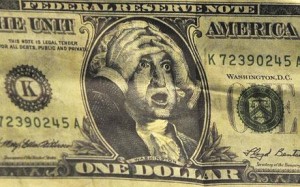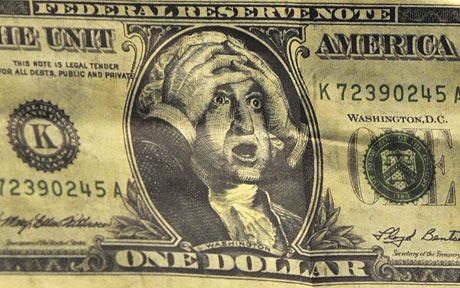I’ve expressed concern about QE3 and other decisions by the Federal Reserve about monetary policy, but I have also admitted that it’s difficult to know the right monetary policy because it requires having a good idea about both the demand for money and the supply of money.
 But this raises a bigger issue. The only reason we expect the Fed to “know the right monetary policy” is because it’s been assigned a monopoly role in the economy. But not just a monopoly role, we also expect the Fed to be some sort of omniscient central planner, knowing when to step on the gas and when to hit the brakes.
But this raises a bigger issue. The only reason we expect the Fed to “know the right monetary policy” is because it’s been assigned a monopoly role in the economy. But not just a monopoly role, we also expect the Fed to be some sort of omniscient central planner, knowing when to step on the gas and when to hit the brakes.
And we also are asked to suspend reality and assume that the folks at the Fed will be good central planners and never be influenced by their political masters. Yeah, good luck with that.
With so many difficult – or perhaps impossible – demands placed upon them, no wonder the Fed has a lousy track record (as documented in this powerful George Selgin video).
So let’s ask a fundamental question. Is the Fed necessary? Are we stuck with a central-planning monopoly because there’s no alternative? Professor Larry White says no in this new video from Learn Liberty.
This is one of the best videos I’ve ever seen, so I strongly encourage everyone to share this post widely.
Professor White effectively demonstrates how private markets can replace the five different roles of the Fed. But his arguments are not just based on theory. He shows that the private sector used to handle those roles in the past.
And I especially like his point about how a decentralized market system would operate. Indeed, I would have stressed even more how such a system overcomes the knowledge problem that exists with a monopoly central planner.
Here’s my video on the Fed. I focus more on how central banks developed, but you’ll see some common themes in the two videos.

